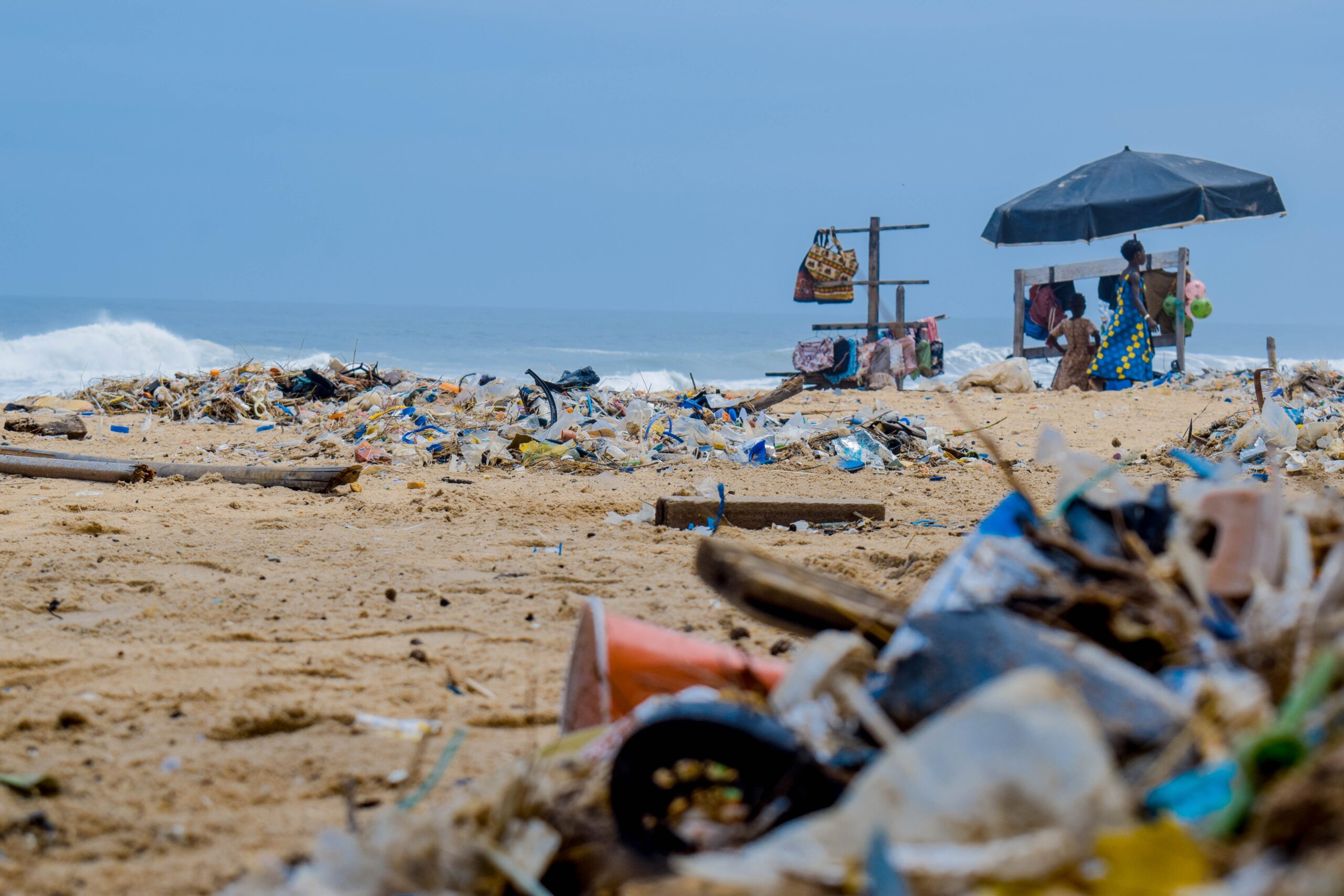CEN rejects a Standardisation Request aiming to address plastic litter on European beaches
In December, the European Standardisation Body CEN rejected the European Commission’s request to develop a standard for caps and lids to remain attached to beverage containers. This, seemingly small, design adaptation would have helped prevent 10% of plastic litter found on European beaches.

The standard in question is vital to the implementation of article 6 of the famous Single-Use Plastic directive, which requires that, from 2024, caps and lids remain attached to single-use beverage containers (with a capacity of up to three litres). CEN needs to develop a standard to ensure caps and lids are of appropriate strength, reliability and safety while remaining attached to the beverage container during the product’s use.
This will help reduce the amount of plastic found on European beaches, as beverage caps and lids are among the items that escape waste collection systems most easily and end up polluting the environment.
We strongly regret the rejection of the Standardisation Request, as it will delay the implementation of the directive, which, in turn, will result in more plastic accumulating on our beaches. To top it off, we believe the reasons leading to the rejection of the Commission’s mandate were purely political and procedural and not related to the actual technical content of the standardisation request itself. In fact, the working group within CEN developing the standard has not only started, but considerably progressed on the development of a first outline for the document – work that has now sadly been stopped.
We now hope the Commission re-issues a new standardisation request promptly and that CEN does not impede the development of a standard that will greatly help reduce plastic pollution.


